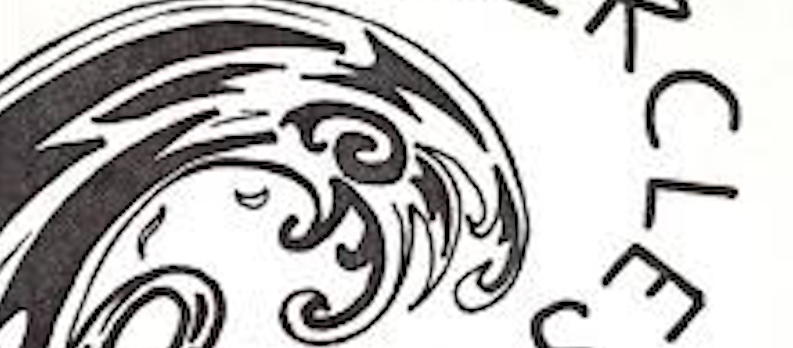Pittsburgh is no stranger to migration. The city lost half of its residents in the years between 1950 and 2000, some of that, no doubt, due to the impact closing steel mills exerted over the region. Jason Bacasa is one of many recent émigrés. Born in Pittsburgh, he studied graphic design there before hitting the road, settling at times in San Francisco, Los Angeles and Chicago. He now makes a home in New York. His debut record under the namesake Tan or Boil has been released by an Australian label, Preservation.
All of this, by way of introduction, is a long way of saying Seamstress in a Suitcase, the aforementioned debut, offers a surprising lack of regional context or color, given the roads Bacasa has traveled and traversed to arrive at it. Bacasa’s voice seems to betray no accents; though two songs on the 13-track disc reference Manhattan, they do little to reflect the pace or size or scope of an American metropolis. It’s a record Bacasa wrote and developed, according to his label, while working with an acoustic guitar and four-track recorder during “continual travels.” But, it is not On The Road or of the road. It is a beautiful document that seems to have come out of nowhere.
Bacasa’s often-fragile songs betray many familiar influences – the melancholy acoustics of early Leonard Cohen, maybe even singer-songwriters like Bill Callahan and Elliott Smith. But they also transcend the familiar. His delivery is, for lack of a better phrase, incredibly conscious. Each note on that acoustic guitar slips into the ear at precisely the right time and his delivery – a breathy whisper, with a frequent vibrato – is anything but off-handed. Songs like the album-opening “Take A Picture,” “Rugburn” and the beautifully titled “The Sea Undoes The City” are fragile – there’s that word again, like flower petals floating in shallow water – but they are far from falling apart.
Bacasa is aided, quite notably, by fellow Preservation artist Aaron Martin, whose duties as an accenter and multi-, multi-instrumentalist herein include electric guitar, lap steel, saw, bass, sheet metal, circus toy, ukelele and then some. His “arrangements” on the aching “Camouflage” include strings that will tear out your heart. (The strings reappear, in a more hinted form, on the record’s title track.) On “Rugburn,” Martin pairs Bacasa’s acoustic guitar, briefly, with a solitary drone; it could be a high-pitched organ, a penny whistle or a highly controlled piece of feedback. On the closing “The Gaps In My Teeth,” as the guitar line slowly unravels, he offers brushes on a snare. It’s a beautiful partnership these two have established.
If there’s one negative note to be sounded it’s that Bacasa’s voice, for some listeners, might be a hit or miss affair. He whispers his way through most of the proceedings, somewhat appropriately given the tender nature of his songs. The pulse of the record, as a result, is slow and steady, almost ethereal. But the vibrato, which Bacasa is able to unfurl without raising the volume of his voice, might be an acquired taste for some. Those who embrace it may suggest it adds a quirkiness to the record, a surreal bit of inflection that fills in colors where other singer-songwriters would let a simple whisper suffice. Those who do not might have trouble warming up to this. (It should be clear where this reviewer stands.)
There are plenty of engaging moments on the 45-minute disc but a few of the more memorable occur during “Visas, Paperwork,” track seven, which Bacasa seems to have thrown into the middle of the record, at least in part, to keep listeners on their toes. The song begins as many do, with finger-plucked acoustic guitar, solitary. But these notes hover quietly below the surface, more unassuming than much of what surrounds them, before Bacasa begins the song proper with a backing band of sorts – a carefully composed series of glitch-beats and guitar loops courtesy, we are to believe, of Martin and the Melbourne-based electronic artist Part Timer. As the song, which is genuinely catchy, nears its close, just two short minutes and change in, Bacasa offers an emotive reprise on guitar. It’s a simple but effective choice – one of many – a tender, instrumental passage that’s yet another reason why Seamstress in a Suitcase is a record to remember. – Delusions of Adequacy, Feb. 10, 2009
-30-





Just passing by.Btw, you website have great content!
_________________________________
Making Money $150 An Hour